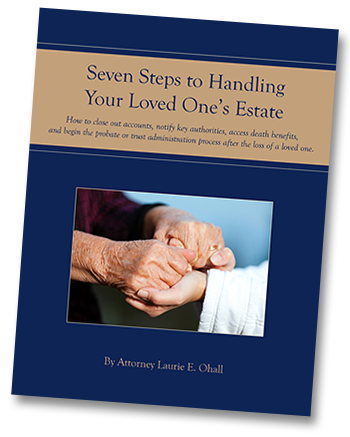Probate
At the time of death, all assets of the decedent must be transferred out of his or her name. Assets that are jointly owned, have a beneficiary designation, or that are payable on death, do not have to go through probate. However, all other assets which are titled solely in the decedent’s name must go through probate and this can often take between 6 to 12 months. Taxes and debts are paid and the remainder is passed to the beneficiaries. It is important to have a Tampa probate attorney you can trust.
It is important to remember that a will does not avoid probate, it simply tells the judge who you want your assets to go to. Many people will use a revocable living trust to avoid probate. A living trust is similar to a Will in that it tells everyone who you want to have your assets and who you want to administer the trust at your death (the successor trustee). However, a living trust can avoid probate because title to the property is held in the name of the trust, not an individual. Therefore, at the death of the decedent, the successor trustee takes over and can administer the trust in accordance with the trust provisions.
Common Probate Terms
- Personal Representative (same as Executor) – The person appointed by the court to administer the estate.
- Formal Administration – A court proceeding whereby a personal representative is appointed for estates with assets over $75,000 and/or which have creditors.
- Summary Administration – A more informal court proceeding for estates valued at less than $75,000 and/or which have no creditors or where the decedent has been dead for more than two years. No personal representative is appointed.
- Ancillary Administration – A proceeding for a non-resident of Florida who died owning real property in the state of Florida – depending on the value of the property, this can be a formal or summary administration.
- Beneficiary – A person who inherits property from the decedent’s estate either by will or by statute.
- Testate – An estate is testate when someone dies having signed a Last Will and Testament.
- Intestate – An estate is intestate when someone dies without a Last Will and Testament.
The attorneys at Law Offices of Laurie E. Ohall P.A. work with the personal representative to gather information and facilitate the probate. Because Florida requires an attorney to help with the probate, Laurie often works with representatives that live out of state.
Serving: Brandon, Valrico, Riverview, Apollo Beach, Plant City, Fish Hawk, Lithia, Gibsonton, Wimauma, etc.

